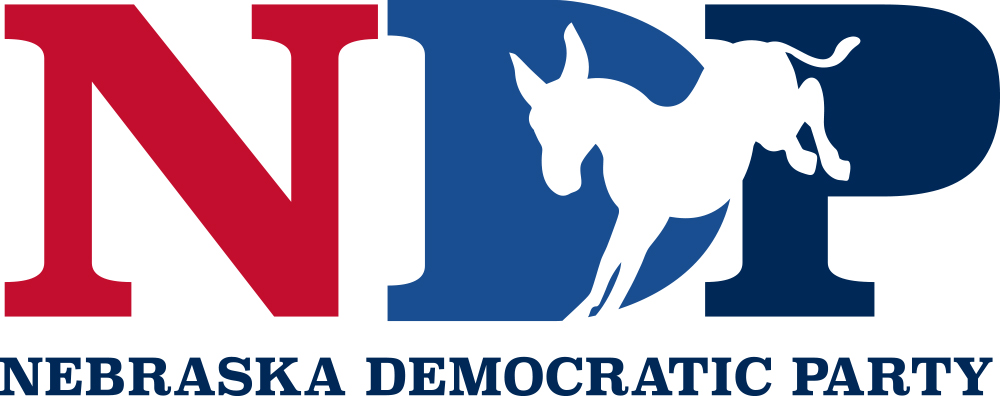Rural Americans “want rural-specific solutions to rural-specific problems, and the policies they support come straight from the progressive platform. Democrats should lean into them,” says Matthew Hildreth, the founder and board-chair of RuralOrganizing.org, a national network of over 40,000 progressive, rural Americans.
Hildreth says that “In order to win again in rural communities, Democrats should embrace populist, pro-democratic messages that reject big money in politics, call out race-baiting strategies of division, expand access to programs like Medicare and Medicaid, and favor small, local businesses over major corporations.”
In an op-ed piece in The Hill, Hildreth notes that even in deep Red Nebraska, progressive ideas seem to do well.
This was evidenced by Nebraska voters passing Initiative 427, which will expand Medicaid coverage to some 90,000 working Nebraskans. The Cornhusker State joined deeply red Idaho and Utah, which also passed ballot initiatives that will expand the public health insurance programs despite the fact that Democratic statewide candidates in those states lost by at least 20 points.

